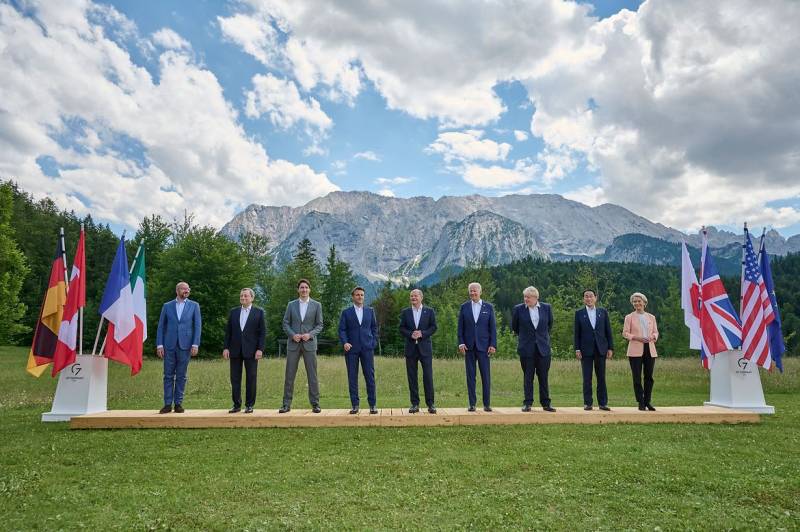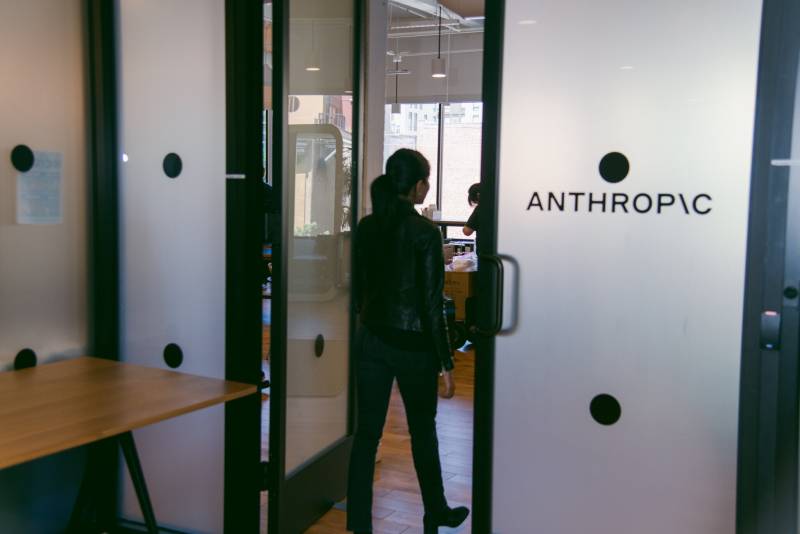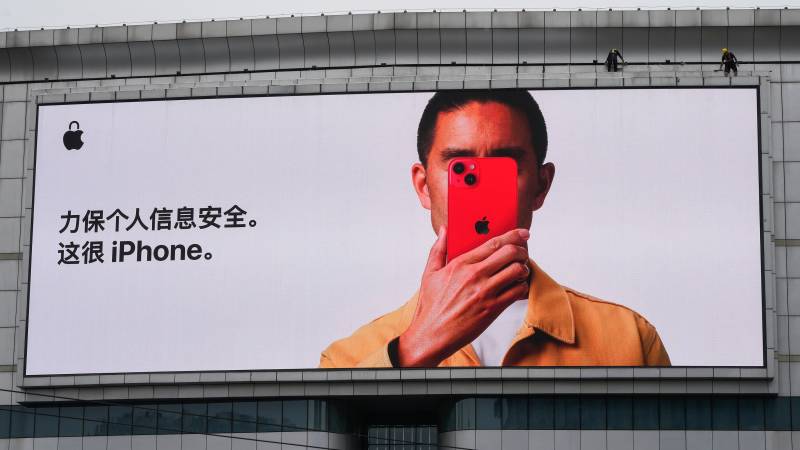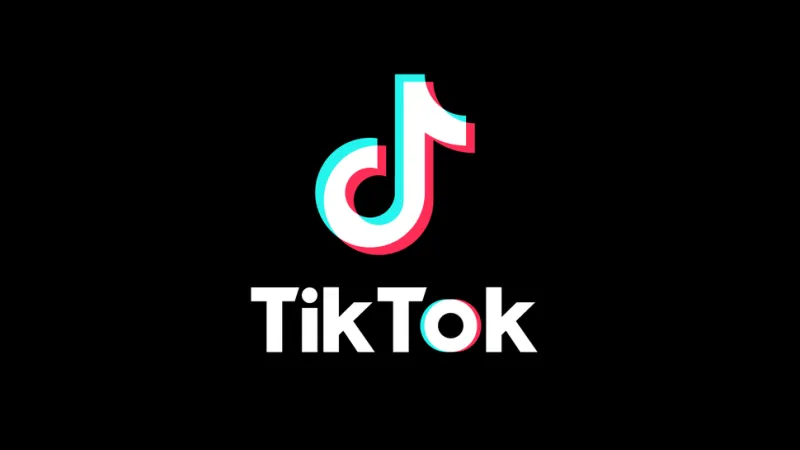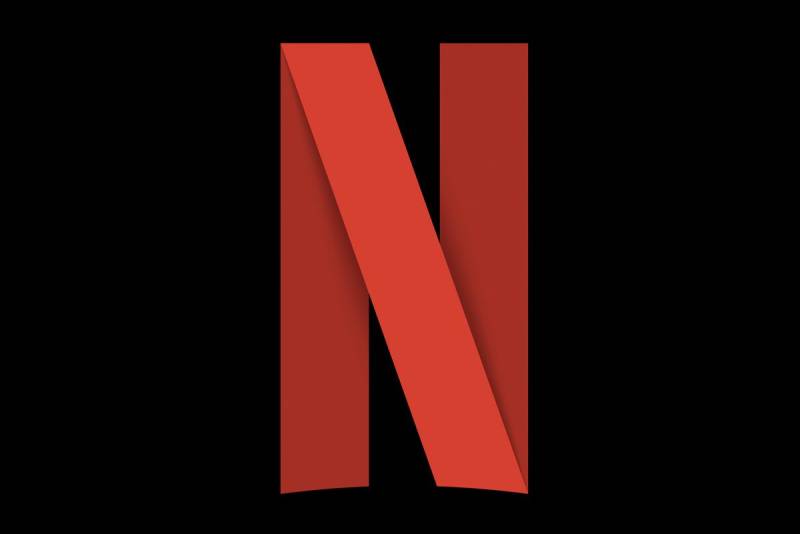Greater infrastructure spending would be welcome in Africa, where there is a huge financing gap, but African leaders are expected to approach the G7's recent announcement of a US$600 billion financial package for poor nations with a wait-and-see approach.
On Sunday, during the summit of the Group of 7 wealthiest nations at Schloss Elmau, Germany, US President Joe Biden announced a mega global infrastructure spending plan that aims to raise US$600 billion to counter Chinese influence through its multibillion-dollar Belt and Road Initiative in poor economies, especially those in Africa.
Biden said the US would mobilise US$200 billion, with the rest of the G7 members raising a further US$400 billion by 2027, in a new initiative dubbed the Partnership for Global Infrastructure and Investment.
Do you have questions about the biggest topics and trends from around the world? Get the answers with SCMP Knowledge, our new platform of curated content with explainers, FAQs, analyses and infographics brought to you by our award-winning team.
John Stremlau, an international relations professor at the University of the Witwatersrand in Johannesburg, South Africa, said "the more the world can do for Africa's infrastructure, the better".
"And in the process, if it can moderate China's rivalry with the West, then this would be good for all concerned," Stremlau said.
According to W. Gyude Moore, a former minister of public works in Liberia, Africa has the largest infrastructure need of any region in the world. "Any additional source of infrastructure financing will be welcomed," Moore said.
However, Moore said, "because this isn't the first proposed infrastructure programme coming from the West, there will be a credibility issue until the implementation details emerge".
The announcement of the partnership is seen as a rebrand of what the G7 launched last year in Britain as Build Back Better World (B3W), whose bill flopped in the US Congress.
Describing the partnership Biden said: "This isn't aid or charity". "It's an investment that will deliver returns for everyone, including the American people and the people of all our nations."
The plan is to combine government funding with private capital from pension funds, private equity funds and insurance funds.
Biden said the partnership would mobilise investment in "areas vital to sustainable development and our shared global security", such as health, digital connectivity, gender equality and equity and climate energy.
Beijing has funded and built mega infrastructure projects, including ports, railways, highways and power dams, in Africa. It has funded belt and road projects such as a US$4.7 billion railway running from the Port of Mombasa to the capital Nairobi with an extension to a dry port in Naivasha - a town in Central Rift Valley. It built a similar railway stretching from the Ethiopian capital Addis Ababa to Djibouti. In Djibouti, Beijing has also funded large port and free-trade zone projects and built its first overseas naval military base to protect its interests in Africa.
This is not the first time the West has tried to checkmate China in Africa. During former president Donald Trump's era, the US unveiled the Prosper Africa Initiative, but the administration left office before implementing any major projects.
And in December, the 27-member EU bloc announced the Global Gateway plan to mobilise up to €300 billion (US$317 billion) in public and private investments around the world by 2027 to fund infrastructure in poor nations.
Moore, who is now with the Centre for Global Development, said that like the EU's Global Gateway, the G7 partnership made assumptions about being able to "mobilise billions" from private sources, multilateral development banks and bilateral development lending organisations.
"In 2015, the Addis Ababa Action Agenda was set as a means of financing the SDGs [sustainable development goals]. It was meant to leverage 'billions' of development funding to attract 'trillions' of private capital. We have not seen anything close to that. So, it is up in the air how [the partnership] will be any different," Moore said.
XN Iraki, an economics professor at the University of Nairobi, said the G7 plan was too late, coming after China had already entrenched itself.
"It can be positive if it's soft; touching on issues that matter to the common person such as education, health and jobs. Africans now know which side of their bread is buttered," Iraki said.
He said the BRI was a state project with few roadblocks but the G7 plan would require negotiations with lots of stakeholders and their interests.
"That could take longer and lead to loss of momentum. China's projects may not be worried about voter sentiments," Iraki said.
As Beijing pumped billions into Africa's infrastructure, those investments, especially in Africa, have drawn criticism from the US and other Western nations that claimed China's lending practices were luring poor states into debt traps. China has dismissed and denied those claims.
Chloe Teevan, head of digital economy and governance at the European Centre for Development Policy Management (ECDPM), said that as with other such announcements, "I think African leaders will approach this with a wait-and-see attitude".
"Generally, they are glad to see quality investments, but the G7 members will have to deliver on the announced target," Teevan said.
She said that at the EU-Africa Summit, "African leaders welcomed the increased focus on investments in the Global Gateway Africa-Europe Investment Package, but they are also waiting for the EU to actually deliver".
"There were also major divergences in terms of the focus of investments. For example, it was clear that the EU's unwillingness to invest in gas infrastructure in Africa was not well received," Teevan said.
She said the announcement was not in addition to the G7 members' targets but rather the US and EU targets were part of the partnership.
Teevan said the Global Gateway was the EU's contribution to the wider G7 target - whether it was called Build Back Better or the partnership.
The EU is currently trying to mobilise the €300 billion Global Gateway target to be reached by 2027.
"There are many challenges - including the need for EU member states to contribute more - but there is real political will to begin to play a role in global infrastructure development. Biden has also set a target of US$200 billion for US investments, but there are big questions about whether this will pass Congress," Teevan said.
African nations will receive the G7 announcement as good news because Chinese infrastructure commitments in Africa are falling, according to Michael Chege, a political economy professor at the University of Nairobi.
"Furthermore, African countries that are debt-stressed have had difficulties resolving the Chinese debt servicing. This said, the fact is that African people will also be hugely sceptical since it's not the first time since the 2005 Gleneagles G7 summit, that OECD countries have promised a huge aid boost for Africa and then not delivered."
Moritz Weigel, founding director of the Germany-based firm China Africa Advisory, said the G7 partnership appeared to be an American rebrand of B3W that was now also accepted as an umbrella for the EU's Global Gateway.
"This could indicate an intention to enhance coordination between the US and the EU in this area. However, there is no indication that the partnership's approach to mobilising financing would be any different from its predecessors," Weigel said.
Among dozens of projects the US is supporting under the partnership is the US$600 million Southeast Asia-Middle East-western Europe 6 (SEA-ME-WE 6) submarine telecommunications cable that will connect Singapore to France via Egypt and the Horn of Africa. The submarine cable, which will be built by US telecommunications company SubCom, will stretch over 17,000km (10,560 miles) and link countries across the region with high-speed connectivity.
The cable project is seen as a response to the Chinese-sponsored Pakistan & East Africa Connecting Europe (Peace) cable that connects China, Europe and Africa and is part of Beijing's digital silk road initiative. It will connect Pakistan, Cyprus, Egypt, France and Malta.
The Peace cable starts in Gwadar and Karachi in Pakistan, and passes through sites in Africa, including Kenya, Djibouti, Somalia and Egypt, to end in Marseilles, France. It will be extended to Singapore and South Africa in the second phase.
Other partnership projects include a US$2 billion solar project in Angola and a Covid-19 vaccine manufacturing plant in Senegal.
